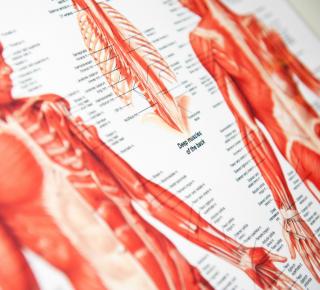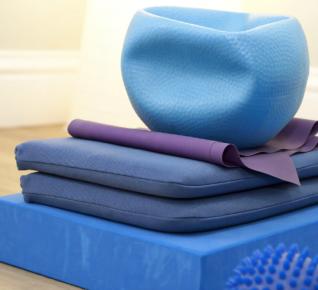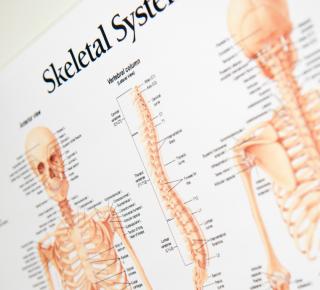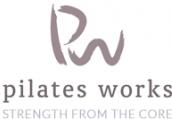History & Benefits of Pilates
History & Benefits of Pilates
"In ten sessions you'll feel the difference, in twenty you'll see the difference and in thirty, you'll have a new body..." Joseph Pilates
"In ten sessions you'll feel the difference, in twenty you'll see the difference and in thirty, you'll have a new body..."
Joseph Pilates
History
History
Founder Joseph Pilates (1880 - 1967) developed 'classical' Pilates exercises and through the Body Control Pilates method we enable our clients to enjoy the benefits of Pilates safely and effectively.
Born in Germany, Joseph suffered from serious childhood illnesses, including rickets, asthma and rheumatic fever. It was thought he would die young but lived to 84 and was passionate about his fitness method, believing that the main result of his method is gaining complete control of the body.
Pilates today is taught in several forms, directly reflecting the legacy of Joseph Pilates, who developed the method some 80 years ago. He did not lay down a formal training programme, with the result that, on his death, his 'disciples' continued teaching by adding their own variations to the core philosophy and exercises. This flexibility in approach is one of the reasons why Pilates has been so successful over this time period.
Benefits
Benefits
Pilates focusses on strength, flexibility, stamina and alignment - bringing about relaxation benefits and general well-being for all
Pilates focusses on strength, flexibility, stamina and alignment - bringing about relaxation benefits and general well-being for all
This low impact form of exercise can be used to aid recovery from various injuries, especially low back pain. It can also be used as part of a fitness programme for athletes and dancers or can be used as a way of maintaining a healthy, functioning body.
Pilates is a method of exercise that has been designed to elongate, strengthen and restore the body to balance. It works by targeting deep postural muscles to build strength from the inside out.
It is this holistic approach that sets Pilates apart from many other forms of exercise. Osteopaths, physiotherapists and general practitioners all recommend Pilates as one of the safest and most effective forms of exercise.
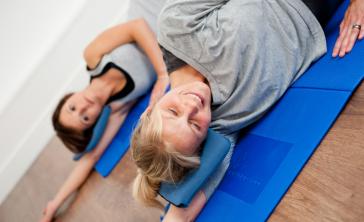
'Following a broken back and various procedures I was advised to join a Pilates class, I had two 1 hour one to one sessions also a workshop and just completing my first course of beginners, I really feel that it is helping with my posture, physical movements and general confidence.
I would fully recommend this form of exercise to anyone with or without medical conditions, it's small classes so almost one to one, friendly and fun.'
Rosemary B

The Roots of Yoga
The Roots of Yoga
Yoga is believed to date back at least five thousand years and to have been developed by the Indus-Sarasvati civilization in Northern India. Originally practiced by Vedic priests, Yoga was developed over centuries and it is reputed that somewhere between 400BC and 200 AD, a sage named Pantajali created a systematic approach to Yoga with an eight-limbed path which described the steps to enlightenment. Within those eight steps are Pranayama – breath work; Asanas – yoga poses and Dharana – meditation. These elements are invariably included in most Yoga classes today, The remaining steps describe ways of living and behaving that make Yoga a great deal more than a path to physical health.
Indeed the word Yoga can be translated as ‘to join’ – combining mind, body and spirit in practice both on and off the Yoga mat. Yoga is not a religion but an ancient art. Over the years it has evolved and there are now many different styles of Yoga taught across the world.
Our classes incorporate a blend of styles to create a unique approach which is geared towards the needs of our students. Pranayama, Asanas and Dharana are included in our sessions which will leave you feeling energised and calm. Not just for the super fit and bendy, classes are available for complete beginners or those with limited flexibility as well as for those with previous experience of Yoga.
